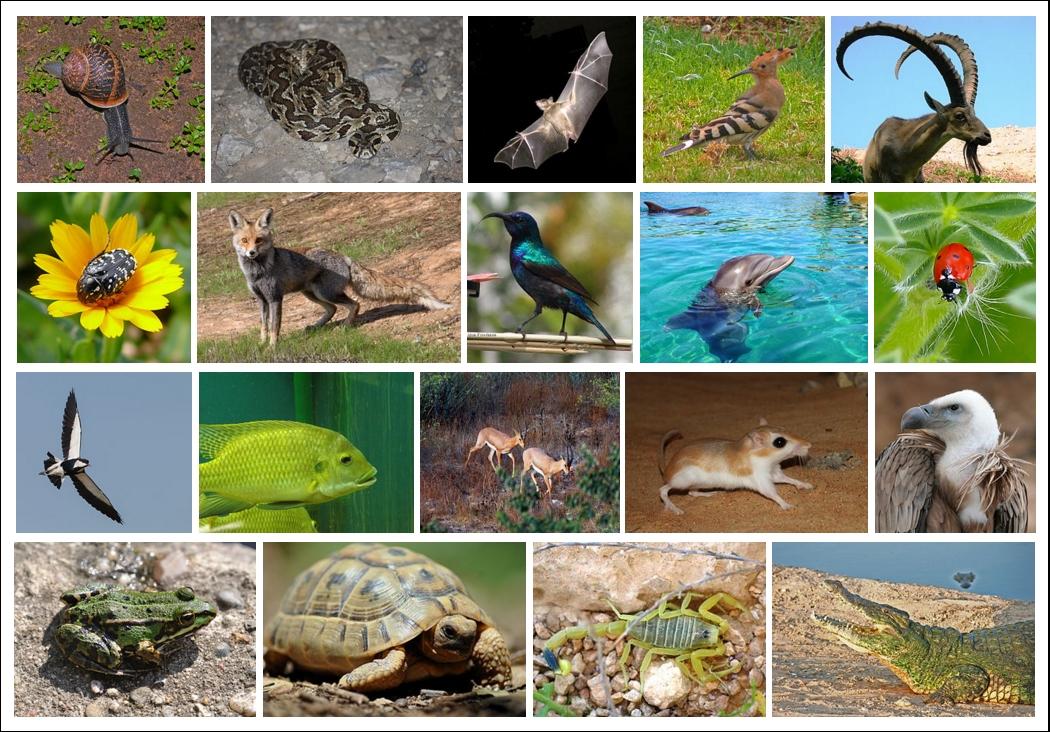
Food Web Marble Run
by Janelle Moran
To demonstrate their understanding of how energy is passed throughout an ecosystem and the symbiotic relationships of organisms within an ecosystem, students construct a food web marble run. This activity will need 3 sessions of 45 - 60 min to complete. This is an engaging lesson where students are doing a hands-on activity and collaborating with others in the classroom. They also reflect on what they learned.
Lesson Grade Level
6th GradeLesson Plan Link/URL
https://docs.google.com/presentation/d/1eCNq6xkuzsv3zzlKRcSL6kfiLiZlr6Mw/edit?u…Subject Area
Science Physical Science P3: Net Force Life Science L2: Organisms & Energy Engineering S2: Apply the Engineering Design Process S3: Apply Mathematics to Engineering S4: Apply Science to Engineering S6: Apply Communications to Engineering S7: Apply Project Management to Engineering Mathematics Number and Operations in Base Ten (NBT) Number and Operations—Fractions (NF) Measurement and Data (MD) English Language Arts (ELA) Reading (Informational Text) Writing Speaking & Listening
Featured
Off
Related Content

Grades:
6th Grade, 7th Grade, 8th Grade
Students will design and create a working, themed pinball machine that follows specified constraints and utilizes Makerspace materials. As students design they will be studying social studies, math

Grades:
4th Grade, 5th Grade
In this hands-on lesson, students design a safety device (car/seatbelt) that can keep an egg (passenger) safe during a collision. The goal is to protect the egg from cracking during a roll down a ramp

Grades:
9th Grade, 10th Grade
This lesson plan focuses around 4 key topics, with activities for each. The plan covers renewable energy, solar energy, why solar energy is important, and what the children can do to conserve energy